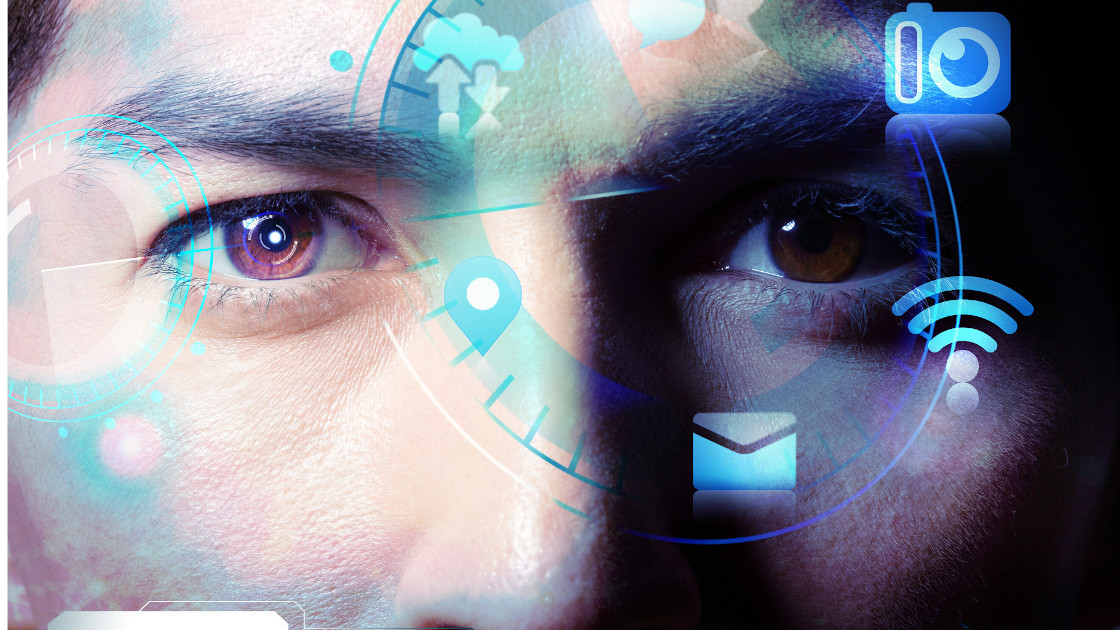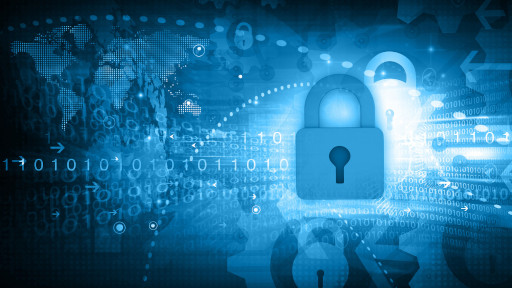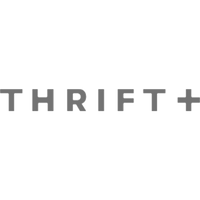Data protection and its impact in the real world
Protection of privacy and data related to privacy gained importance and with the advent of GDPR, these needed to be in compliance.
Gayathri Venkataraman

Computer Vision, AI, Machine Learning are the words we have been listening to and coming across for at least two decades. These fields have known to shrink technology and information to such an extent that we are expecting magic to happen. Well, what do these fields have to offer us?
We all know that there is extensive data in this world, data related to objects, people, companies and they are so pervasive. Managing such extensive data is time-consuming, cost damaging and also error-prone. Machine Learning and Computer vision brought in algorithms and processes in which the system gains the knowledge and assimilates it for future use. Extensive data handled by these algorithms made way for analysing the data much more efficiently and effectively. A lot of research has been going on since the last two decades for object and face detection and recognition, shape matching, and pattern recognition in the field of computer vision. The applications come of use in areas such as content-based image retrieval, video coding, video conferencing and crowd surveillance.

As and when the application on detection and retrieval of data grew, the precautions taken against sharing data and especially private data needed to be in place. Protection of privacy and data related to privacy gained importance and with the advent of GDPR, these needed to be in compliance. GDPR is a set of rules and regulations that need businesses to protect the data and privacy of EU citizens and non-compliance could cost companies their business. The GDPR was adopted on 14 April 2016 and became enforceable beginning 25 May 2018. The regulations going into effect are designed to help consumers gain a bigger level of control over their data while offering more transparency throughout the data collection and usage. As the companies develop applications and business based on such data, challenges arose from protecting the same and complying to the rules of the GDPR. Data breach notifications play a large role in the GDPR text. The data controllers must notify Supervising Authorities (SA)s of a personal data breach within 72 hours of learning of the breach and must provide specific details of the breach, such as the nature of it and the approximate number of data subjects affected. Some of the protection aspects of GDPR include data processing requiring consent from the concerned parties and protection of the data collection by providing privacy and redacting private information. Data transfers across countries and cities should be secure and any leak or break must be notified. A data protection officer oversees the process and ensures adherence to the regulations.

Why GDPR? As data collection is an integral part of our personal and business lives, it is essential to set a standard to protect the data and the privacy of its owners. Business requires personal data of its customers on a daily basis for transactions and exchanges. While giving out information such as contact number, social security number, date of birth, name and other personal data, there is always a hesitation on the customer’s part. What if the data is leaked, what if it is shared with other businesses in which you have no interest. How many times have we come across credit card companies and loan businesses calling us and asking us for business when we know for sure that we have not shared our numbers with anyone. Such instances of calls, emails and tracking put the consumers at risk on a personal level as well. According to statistics, we have about 4.4 billion internet users as of 2019. As we all know, the internet has proven to be one privacy nightmare. News about bank accounts being emptied based on information stored on mobiles and unlawful payment charges while using mobile applications for business is quite a commonplace now. Leakage of personal information has broken the trust of consumers and now they do not want to share any information with businesses. Moreover, when they do they want transparency through the data collection process and usage and a guarantee that this data will not be leaked or shared. GDPR falls right in place and protects the customers from losing their privacy and keeping them safe.
Trusted Worldwide By Innovation Driven Companies







